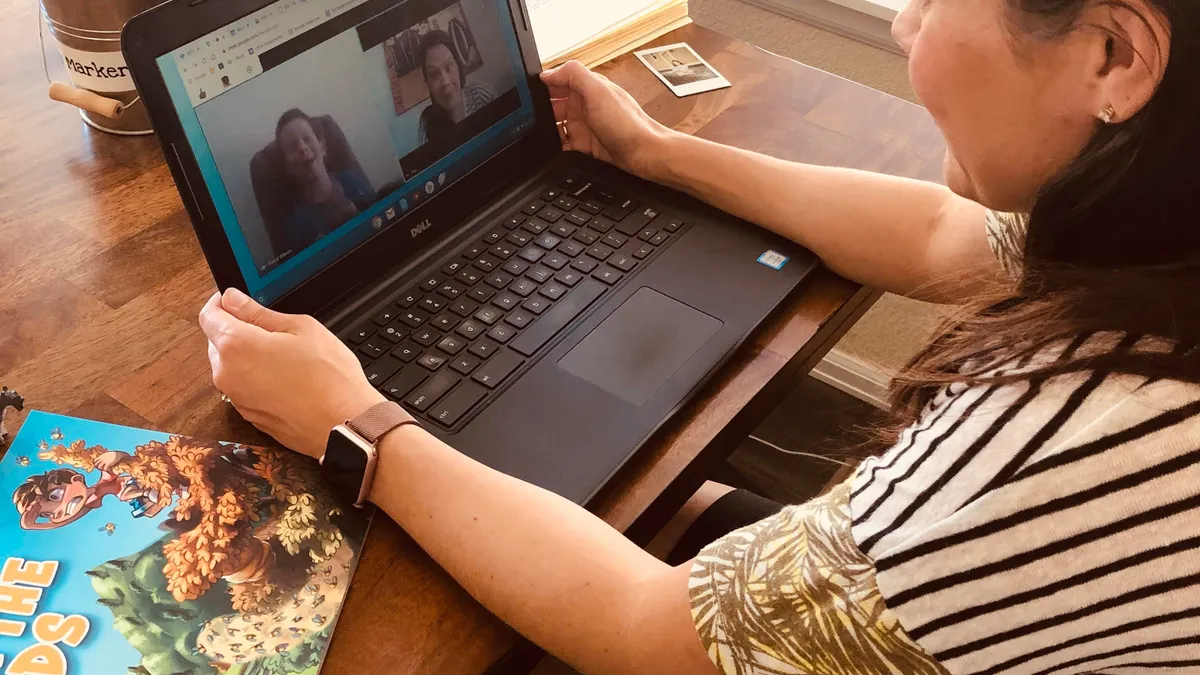Dive Brief:
- Employers that don’t do enough to acknowledge the ways that working from home can affect employees are at risk of higher turnover and decreased productivity and morale, according to a study by VitalSmarts released Oct. 27.
- On the other hand, companies that proactively build connections and acknowledge workers’ mental health have employees that are 60% more likely to respond quickly to requests from each other, three times more likely to give a colleague the benefit of the doubt and twice as likely to take it upon themselves to solve problems, the study said.
- Researchers dubbed these factors "social capital," defined as "a measure of people's willingness and ability to work together to get things done." They went on to warn that "social capital is deteriorating greatly in organizations where leaders have taken no action to preserve culture."
Dive Insight:
VitalSmarts’ findings agree with a study from Clutch earlier this year, which found that employee socialization is down due to remote work. Given the importance and value of having friends at work, a lack of social interaction with peers can be detrimental to culture and engagement.
Remote work presented managers with a steep learning curve, one that has evolved as businesses approach a "new normal" amid the pandemic. Experts previously told HR Dive that some of the best ways to keep employees energized and engaged include flexibility and increased benefits, communication and guidance around maintaining individual wellbeing.
"Everyone's been impacted," said Keith Kitani, founder and CEO of GuideSpark, a communications solutions company. "There can't be one size fits all. You have to trust your leaders and managers to evolve." He added that "It's going to be impossible to put a policy in place to support every single [individual]," but that empowering managers to make decisions for their teams "gives them the ability to do the right thing."
Another recent study found that managers may not be as helpful as they think they are. In a survey administered by 15Five to a group of managers and direct reports, less than half of employees surveyed said one-on-ones with their managers are helpful, compared to 74% of managers who said the same. A study from BetterUp found that resilient managers can have a profound impact on employee burnout and intent to stay with the company.











